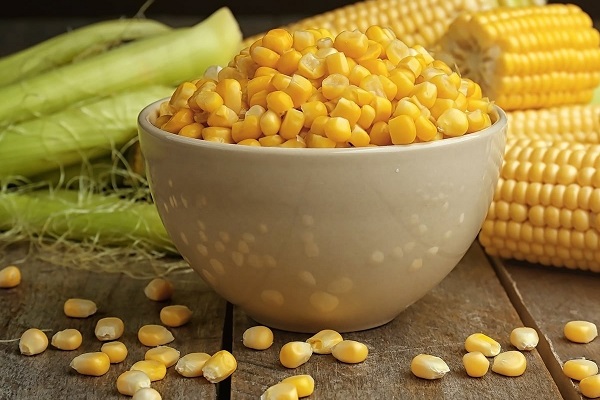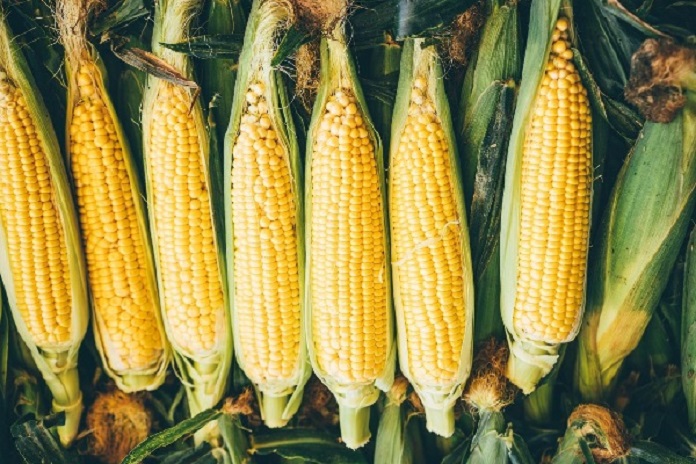In July, we celebrate Corn Month every year on July people of worldwide celebrate corn month. Corn is so nutritious, versatile, and delicious that it gets its month every year to celebrate it.
HISTORY OF CORN MONTH
Corn better known as maize, is a cultigen that requires human intervention to propagate and cultivates.
However, the domestic corn we know today originated from a wild plant called which is teosinte. When we look back at history it is believed corn was domesticated in the Tehuacán Valley of Mexico about 10,000 years ago.
Whereas Mexico was the centre of corn domestication by the age of 4000 B.C. corn corncobs were already an inch long.
In the year 1492 after the arrival of Europeans to the regions Spanish settlers consumed corn and explorers and traders carried it back to Europe and introduced it to other countries.

After all the world’s widespread cultivation of corn was most likely to begin in southern Spain in the year after which it quickly spread to the rest of the Spanish Empire including its territories in Italy.
In the 17th century, corn became a common peasant food in southwestern Europe that included, Europe, including Portugal, Spain, southern France, and Italy. Later on, in 1950 sweet corn was introduced by Professor John Laughnan of the University of Illinois.
| 10,000 B.C. (Man Domesticates Corn) | Farmers began cultivating corn in what is now present-day Mexico. |
| 4,000 B.C. (Corn Evolves) | Owing to new sowing techniques, corn cobs grow an inch long. |
| 1492 (Corn Extends to Europe) | Spanish traders transported corn to Europe and introduced it to other countries. |
| 1950s (Sweet Corn Emerges) | Professor John Laughnan of the University of Illinois develops ‘sweet corn.’ |
5 INTERESTING FACTS ABOUT CORN
- The oldest corn- The oldest surviving corn types are found in the Mexican highlands.
- Corn is grown everywhere except Antarctica- Antarctica is the only continent where corn is not grown.
- Kernels can grow up to one inch- The maximum size of a corn kernel is supposedly one inch.
- Corn is used for making biofuel- Corn is used for producing ethanol, which is a first-generation liquid biofuel.
- The first corn harvester- The first mechanical corn harvester was manufactured in 1930 by Gleaner Harvester Combine Corporation of Independence, Missouri.

FAQs
What are the nutritional benefits that we get from corn?
Corn is rich in carbohydrates, fiber, vitamins (such as vitamin C and folate), and minerals (such as magnesium and phosphorus).
How does corn impact the economy during Corn Month?
The corn harvest season has a significant economic impact, influencing food prices, livestock feed costs, and the ethanol industry.
Are there educational opportunities related to Corn Month?
Yes, educational institutions and agricultural organizations often provide workshops, field trips, and resources to educate people about the importance of corn, sustainable farming practices, and food security issues.
What are some common activities during Corn Month?
However, the activities that we do during the corn months often include, visiting corn mazes, participating in corn festivals, enjoying corn on the cob and other corn-based foods, and learning about the agricultural significance of corn.
Also, read more about National Tapioca Day – June 28, 2024
